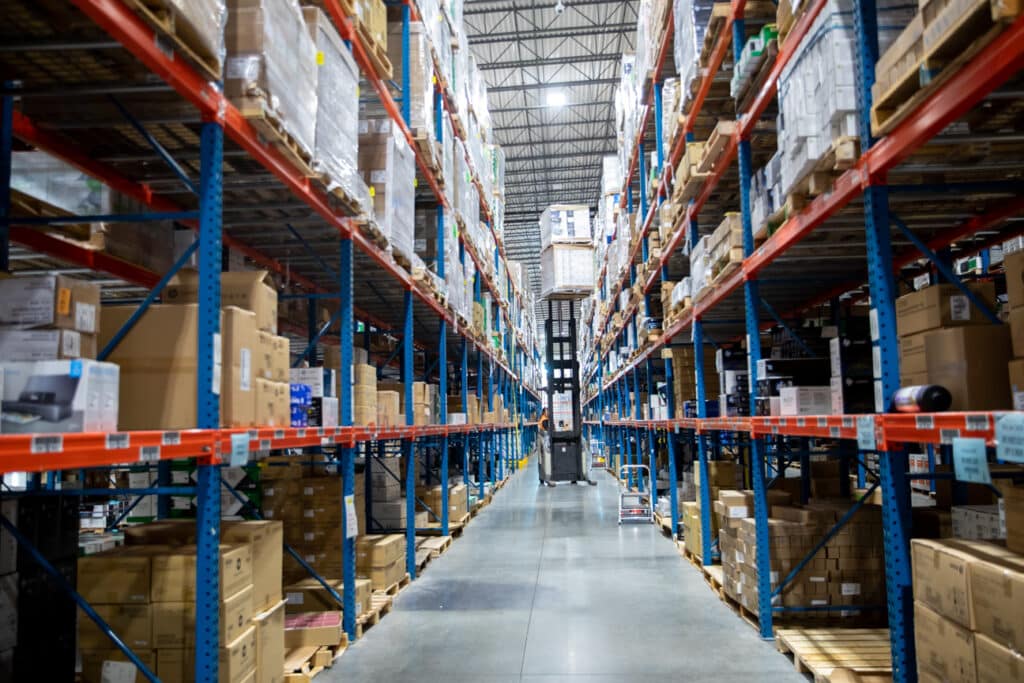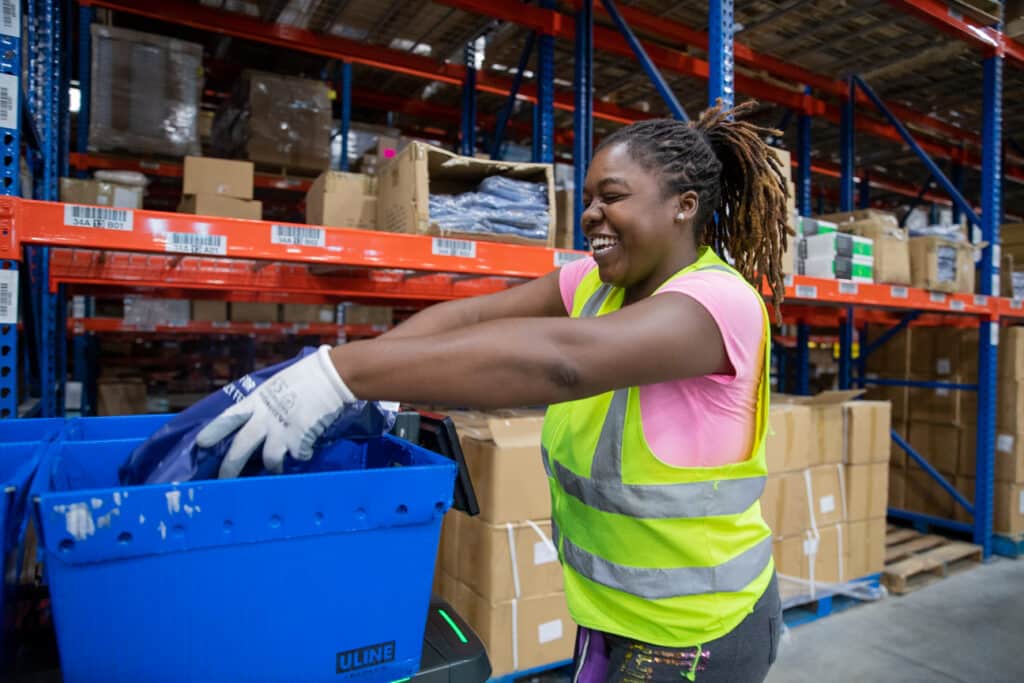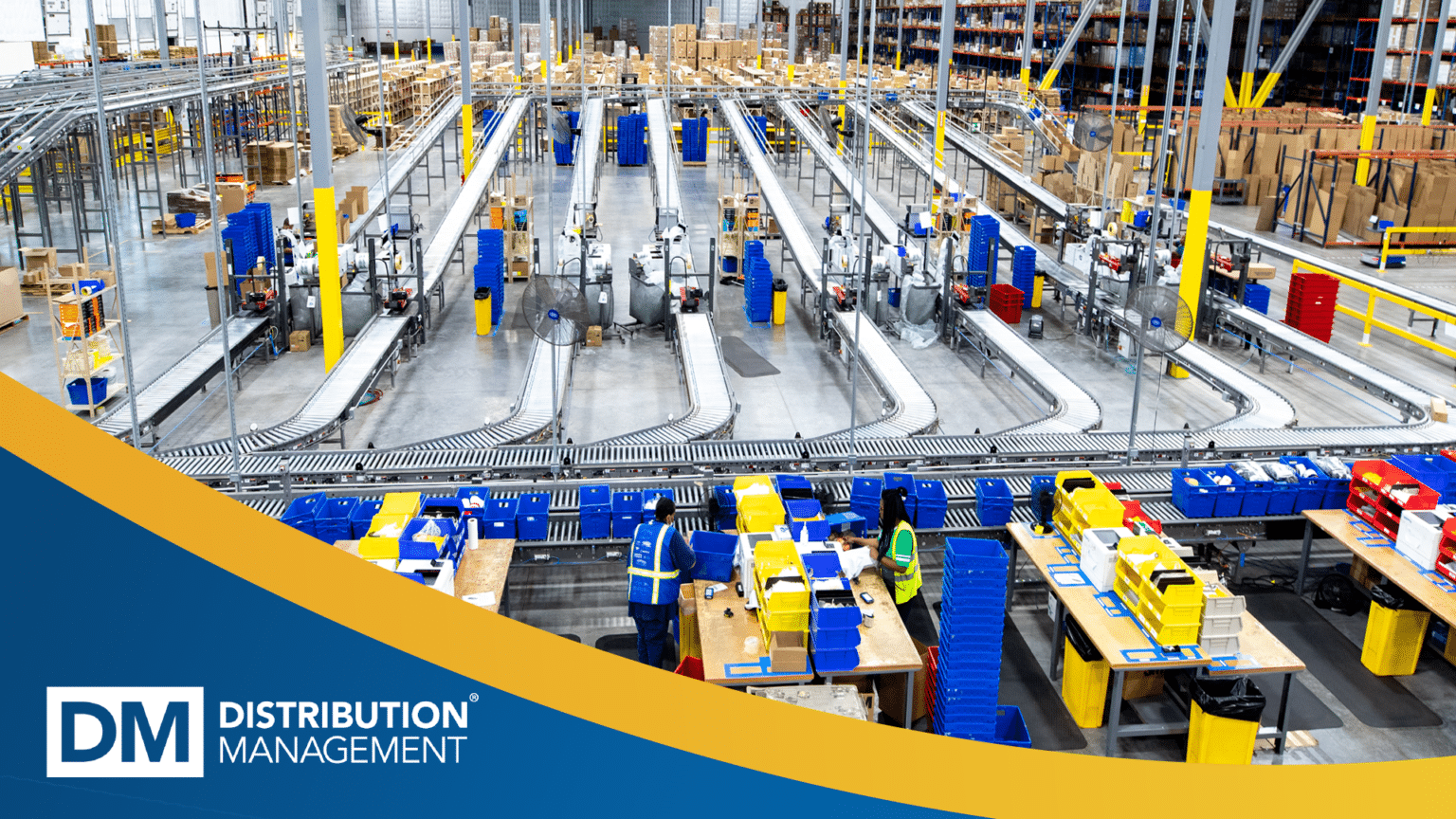6 Challenges Manufacturers Can Overcome by Partnering with an Experienced National Fulfillment Provider
Manufacturers were built for bulk which worked well in the days of traditional manufacturer-to-retailer relationships, but thanks to the pandemic, the trend toward direct-ship fulfillment was quickly solidified. Retailers and marketplaces expect suppliers to successfully ship directly to the end customer and meet a variety of metrics. When stores closed back in 2020, many manufacturers were scrambling to keep sales and figure out this new way to do business. And, while some were successful, others turned to fulfillment partners to overcome the challenges of managing direct-to-consumer business.
1. The trust factor – In a direct-ship relationship, the retailer has to give up a little control and rely on the supplier to ship orders accurately and efficiently on their behalf. Most of us would admit we don’t like to give up control…unless…UNLESS…we really trust who’s taking over. A fulfillment partner with expertise shipping DTC can help you quickly build that trust, strengthen retail relationships and potentially avoid costly customer service issues and chargebacks.

When asked what action they would take after a negative delivery experience, 59% of consumers said they would contact the retailer to complain and 36% said they would change retailer for their next purchase*.
2. Inventory management – It’s not only a matter of transforming bulk SKUs into consumer SKUs, it’s making sure you can accurately account for your inventory regardless of the unit of measure or selling channel. Inaccurate inventory reporting can lead to lost sales and chargebacks from online retailers for canceled orders. And, it’s not just about accuracy — it’s about maintaining real-time data as orders flow in and product flows out. A fulfillment partner with multichannel ecommerce abilities can fill orders for all channels seamlessly from one set of inventory.
3. Lack of integration capabilities – With so many ecommerce platforms and back office systems in play, integration is now expected. Data needs to flow and systems need to talk to each other with as little human intervention as possible. In the last few years, integration has become pretty commonplace among top fulfillment providers, but making sure it’s the RIGHT integration solution to solve your current roadblocks should be high priority — it’s the key to real-time inventory reporting, same-day order processing, order tracking and streamlining any manual processes currently slowing you down.
Tracking is overwhelmingly valued by consumers. 86% of respondents in the 2021 Ecommerce Delivery Benchmark Study said it was “important” or “very important” to them.

4. Location, location, location – It’s an important factor in cost-effective, fast delivery. A manufacturer might have one warehouse that can handle D2C orders, but a fulfillment partner should have multiple locations. So, let’s say you already have a decent-sized warehouse that can handle D2C business on the West Coast, but you’ve just been given approval to list products with a retailer better known on the East Coast. In this case, a national fulfillment partner could offer a second or third location to supplement your business and support continued growth of your brand.
5. More financial risk – With direct-ship partnerships, retailers are no longer placing POs upfront for bulk orders which puts more of the financial risk back on the manufacturer. A fulfillment partner who can help you easily expand your sales channels acts as the safety net to ensure you have the means to sell through excess inventory and recoup your investment.
6. Manpower – All of these things add up to extra resources and a tremendous amount of added overhead. If you’re not ready or willing to invest enough to adequately build an internal fulfillment infrastructure or your current provider isn’t able to scale with you, it’s time to explore better options.

In a drop-ship fulfillment model, so much is riding on the precise steps and carefully choreographed actions that occur after the order is placed. For manufacturers and merchants who aren’t , an experienced national fulfillment partner with expertise in direct-to-consumer drop-shipping is the most cost-effective solution for staying competitive and scaling your business.
For more information about fulfillment services through Distribution Management, contact Tyler.Walton@distributionmgmt.com.
*2021 Ecommerce Delivery Benchmark Study, MetaPack and RetailX



